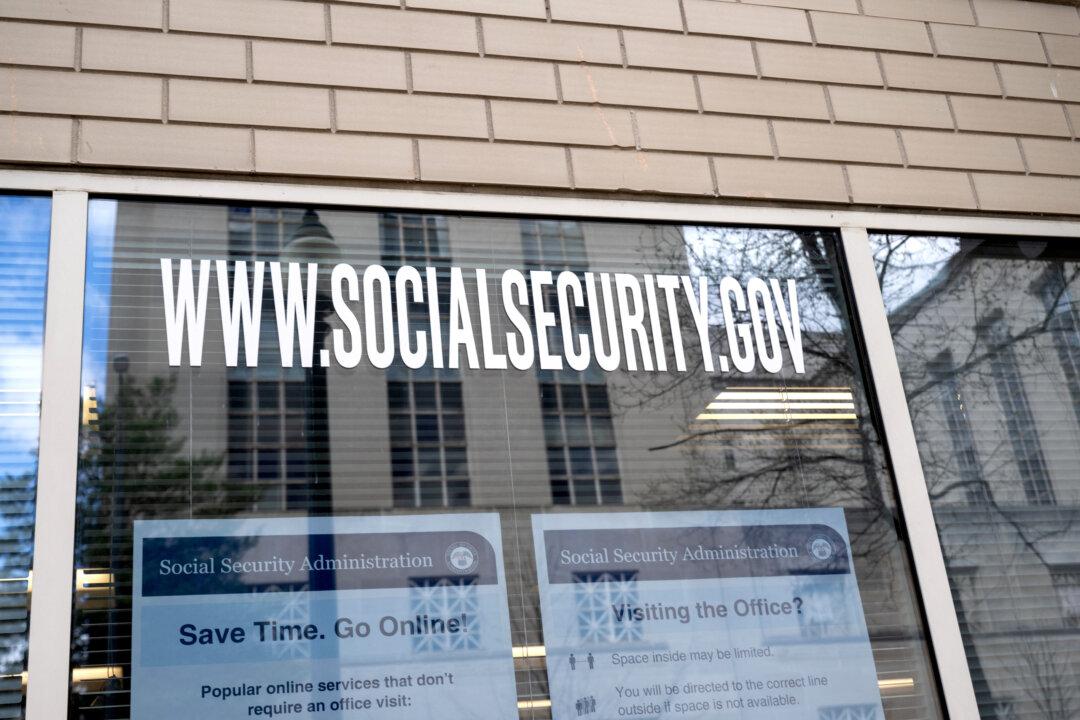A judge on April 17 restricted the Department of Government Efficiency (DOGE) from accessing unredacted Social Security data, ruling in favor of labor unions and retirees who sued the department.
U.S. District Judge Ellen Hollander’s preliminary injunction bars the Social Security Administration (SSA) from granting DOGE employees and special White House employee Elon Musk access to any records containing personally identifiable information such as addresses. It also orders Musk, DOGE, and DOGE’s affiliates to delete all non-anonymized data they have in their possession from any Social Security systems.





